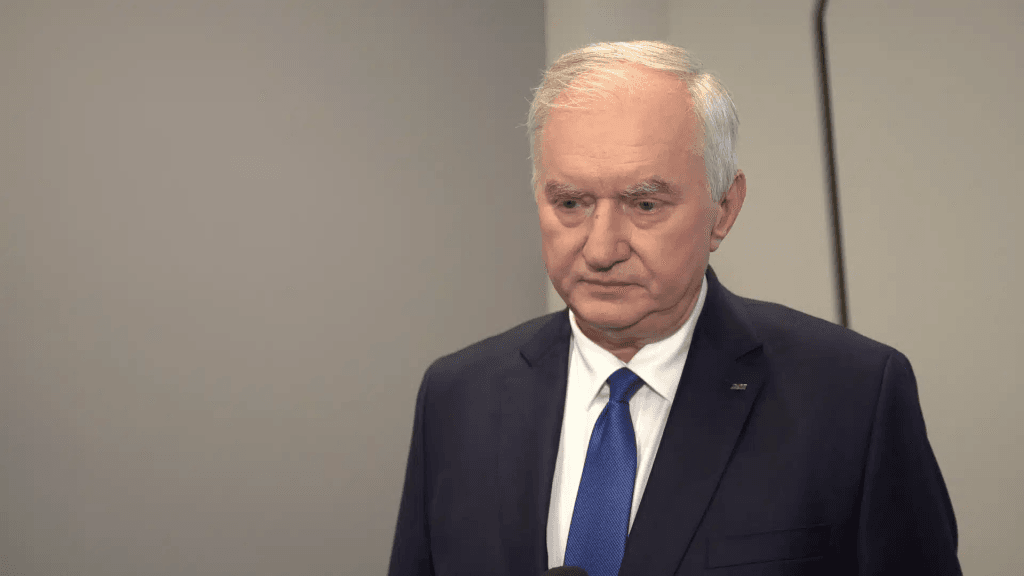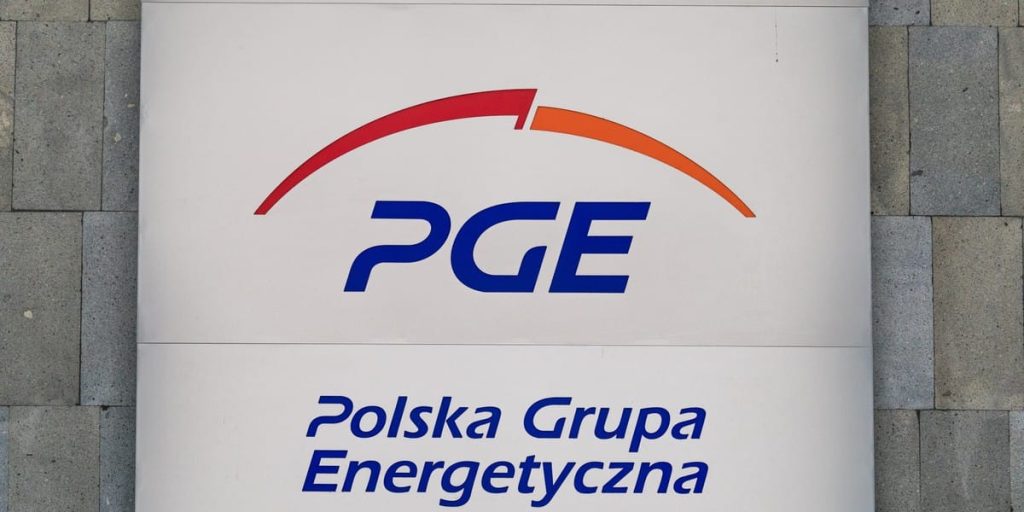• PGE acquires ZE PAK’s 50% stake in PGE PAK Energia Jądrowa, assuming full ownership of the Pątnów nuclear development company.
• The plant, backed by South Korean partners and using APR1400 reactor technology, is designed to produce 22 TWh annually—12% of Poland’s power demand.
• The move strengthens PGE’s national energy strategy alongside projects with Westinghouse and SMR initiatives, positioning nuclear as a central pillar of Poland’s energy transition.
Warsaw advances nuclear ambitions
PGE Polska Grupa Energetyczna, Poland’s state-owned electricity utility, has taken full control of the country’s second planned nuclear power plant, consolidating a critical asset within its low-carbon portfolio.
The company signed a preliminary agreement to purchase ZE PAK SA’s 50% stake in PGE PAK Energia Jądrowa SA, the joint venture tasked with developing the Pątnów nuclear site. The acquisition, expected to close by late November pending ministerial approval, will make PGE the sole owner of the company responsible for overseeing site studies, financing, and regulatory preparation.
The Pątnów project forms part of a broader collaboration between Poland and South Korea initiated in 2023, supported by both governments and Korea Hydro & Nuclear Power (KHNP).
Regulatory approval expected next month
Completion of the transaction requires sign-off from the Ministry responsible for energy resources under the Act on investments in nuclear power facilities. Once approved, PGE will assume full governance and technical direction of the project, which is being positioned as a cornerstone of Poland’s decarbonisation and energy security strategy.
The agreement follows more than a year of technical groundwork since the joint venture’s creation in April 2023. A decision-in-principle application was submitted to the Ministry of Climate and Environment in August 2023, followed by approval later that year, setting the stage for formal construction planning and financing rounds.
South Korea’s APR1400 reactors to anchor project
The planned Pątnów facility will deploy two APR1400 reactors, the advanced pressurised water technology developed by KHNP and currently operating in South Korea and the United Arab Emirates. Once operational, the plant is projected to generate around 22 terawatt hours (TWh) of electricity annually, equal to about 12% of Poland’s current consumption.
For Warsaw, the project represents not only a major industrial partnership with Seoul but also a hedge against the volatility of fossil fuel markets. The government has pledged to replace coal capacity with stable nuclear generation while meeting EU climate targets.
RELATED ARTICLE: Paris, Berlin Approve Joint Energy Roadmap Backing Nuclear in EU Financing
PGE has stated that full control of PGE PAK Energia Jądrowa will improve decision-making and accelerate the implementation timeline for the Bełchatów region, where the new plant will be located.
Nuclear as cornerstone of PGE’s energy mix
PGE President Dariusz Marzec said the move will “strengthen the group’s ability to develop large-scale nuclear projects and ensure coordinated progress across its portfolio.” The company is simultaneously advancing a separate nuclear project in Pomerania with Westinghouse Electric, using AP1000 reactor technology, and studying the feasibility of small modular reactors (SMRs) in Turow.


Together, these initiatives mark a decisive pivot toward nuclear as a stabilising force in Poland’s future energy system—expected to replace aging coal assets and complement growing renewable capacity.
Strategic implications for investors and policymakers
For investors, the consolidation gives PGE a clearer governance structure and direct oversight of project financing and technology integration. It also aligns Poland more closely with global nuclear partners, expanding cooperation beyond the EU to include the United States and South Korea.
The move is being closely watched in Brussels, where Poland’s nuclear plans intersect with EU energy policy debates over taxonomy classification, financing frameworks, and the bloc’s overall decarbonisation trajectory.
With Europe facing renewed scrutiny over energy sovereignty and supply diversification, PGE’s consolidation of Pątnów signals Warsaw’s intent to fast-track its nuclear buildout as a national priority—one that could reshape Central Europe’s power landscape over the next decade.
Follow ESG News on LinkedIn

